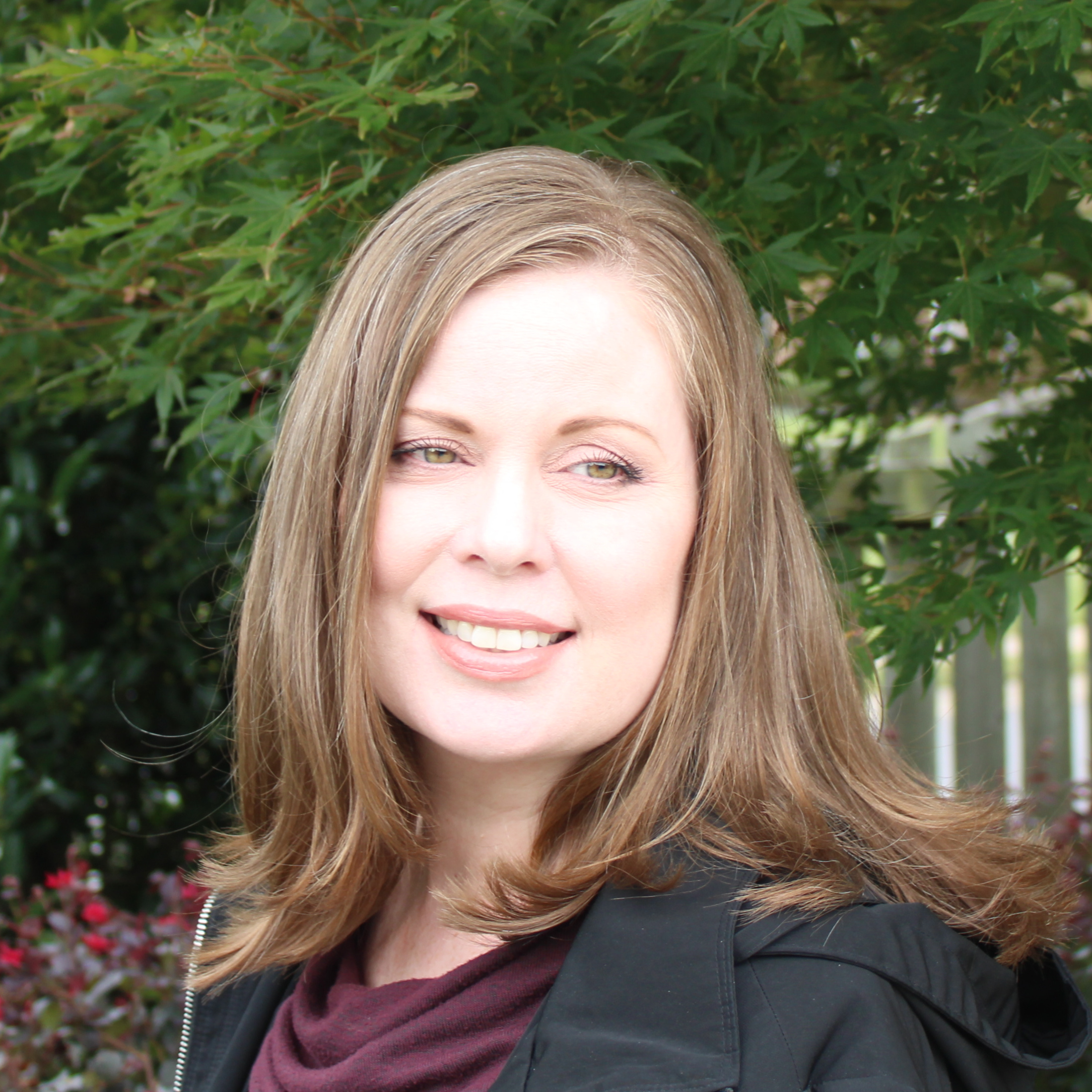THREE ON THURSDAY
Today’s topic is the wisdom of waiting and the grace we gain with age. Here are links to three articles on this topic:
A Tale of Two Teachers by Amber Lee
“As we left that event, there were two tables set up. The older woman was at one table, waiting to talk and pray with the women as they came out of their sessions. The younger woman was at a table loaded down with her books, signing autographs and taking selfies with women who had purchased a book. She was standing in front of a giant banner with a blown up picture of her own face on it.”
Tim Keller on Writing and Ministry by Josh Blount
“I don’t think ministers should produce much in the way of book-length writing in the first half or even two-thirds of their ministry. Why? Because they are still growing in their wisdom and understanding of the Word, and they are likely to change their mind on some things. . . . Writing a book in your 50s will go twice as fast and be twice as good as if you try the same book in your 30s. It’s just good stewardship to wait.”
Two Habits of Successful Parenting by Tim Challies
“In today’s mindset, [parenting] experts are not those who have successfully raised children to adulthood, but those who have successfully published blogs, books, and podcasts, even if they themselves have not yet successfully raised children to adulthood. Thus a young mom is more likely to seek the counsel of another young mom who has an online following than the counsel of an older mom who does not.”
THE WISDOM OF WAITING
AND THE GRACE WE GAIN WITH AGE
We all have our favorite Bible teachers, our favorite writers, and our favorite go-to guides on parenting. But a significant change has taken place within our culture in the past 10 to 15 years — not coincidentally, this change has followed the rise of blogs, podcasts, and social media.
With the now-ubiquitous presence of online influencers, there’s been a seismic shift in how we view a person’s authority on a given subject. No longer is a person considered an authority due to many years of study or practice.
In our youth-driven and beauty-obsessed culture, authority has less to do with a person’s actual experience or expertise and more to do with the size of a person’s online following.
There are several reasons for this. Not the least of which is the relative ease we can access information through resources like Google. Who needs an expert when you can just ask Siri?
As a society, however, we’ve traded wisdom for information. We’ve exchanged hard-earned experience for endearing in-the-moment snapshots. Even the algorithms that dictate our social media feeds play a part in this trend away from wisdom and toward bite-sized information, especially if that information is transferred via beautiful images.
For instance, algorithms are currently designed (and have been for some time) to put pictures of people’s faces into the feeds of followers. Therefore, if you want your post to be shown in other people’s feeds, then you wouldn’t want to post pictures of pretty scenery or inspiring words. To have your post appear in other people’s feeds, you want to share a picture of a face or several faces. This is one reason why selfies are so popular. More selfies lead to more social media exposure. And more exposure leads to a larger following. And a larger following leads to greater cultural authority.
Since older people are less likely to take pictures of themselves and share them online, they are less likely to have their content (if they are active on social media) appear in other people’s feeds. This is just an algorithm fact.
And yet, this modern-day reality means we are missing out on the wealth of wisdom we could be gaining from those who have lived decades beyond us.
The three links to articles today all advocate the kind of grace and wisdom that comes with age. That’s not to say wisdom automatically comes with growing older, but it rarely comes any earlier.
We may not be able to do anything about those algorithms that dictate our feeds, but we can be intentional about the Bible teachers, writers, and parenting experts we look to. We can look to those who have demonstrated grace, patience, and humility in waiting to stand on stages and write books. We can look to those we know personally, and by their lifelong pursuit of Christ, we can trust them to guide us well.
Are there ever exceptions?
Of course! The most obvious example is Jesus, who was 30 years old when he stepped into public ministry. But then again, he also lived at a time when adulthood was not delayed until the early to mid-twenties — when a person, nowadays, typically graduates from college and starts their first “real job.” Back then, a young man would have learned his father’s trade and worked full-time alongside his father even as a young teenager.
What is truly remarkable about Jesus is the very fact that he was God in the flesh, and yet he did not elevate himself in any way. He did not show off his miraculous powers. In fact, when he healed people, he oftentimes asked them to keep the matter quiet.
When Jesus was finally “raised up,” it was on a cross, naked and bleeding.
Before Christ was glorified and exalted, before he ascended to the Father’s right hand, he spent years in obscurity. Then he was mocked and beaten and killed. And he is our ultimate example. He came “not to be served, but to serve, and to give his life as a ransom for many” (Matthew 20:28, NIV).
This is why I look to older Bible teachers, older writers, and older experts on parenting. I want to look to those who have lived long enough to have known defeat and yet they have clung to Christ through it all. Because that is when you know where real truth and beauty and goodness come from. It can never come from us. It can only come from him.
Now, the Apostle Paul does tell young Timothy, “Don’t let anyone look down on you because you are young, but set an example for the believers in speech, in conduct, in love, in faith and in purity” (1 Timothy 4:12, NIV). But Timothy wasn’t looking for popularity; he knew firsthand about the beatings and floggings that his mentor Paul had endured for the name of Christ. Timothy was stepping into a calling at much risk to himself personally.
I once attended a women’s retreat with several keynote speakers. My favorite speaker was the oldest among them. She spoke of her journey through breast cancer, which included a double mastectomy and chemotherapy. Shortly thereafter, she lost her husband and became a widow much younger than she ever imagined possible. Now she is trusting Christ with her remaining years even while she deeply misses her spouse.
By the time she finished, there wasn’t a dry eye in the room. Her faith shined brighter than any other moment all weekend.
In contrast, the youngest speaker that weekend spoke energetically with a message of super positivity, including all the ways God had blessed her.
I walked away reminded of this truth: There’s a difference between polish and power.
And I’ll take the power of the Holy Spirit and the testimony of a transformed life any day.
The online world isn’t going away. It’s here to stay with all its prowess and panache. And while I’m grateful for the many ways the Internet allows us to connect, it can never replace the genuine beauty we find in the Body of Christ, especially among the aged members.
Call me old-fashioned…or just call me old…either way, it’s okay. I am drawn to the wisdom of waiting and the grace we gain with age.
“Wisdom is with the aged, and understanding in length of days.” ~ Job 12:12 (ESV)
Click HERE to share about a time you deeply appreciated the wisdom you found in waiting.
Click HERE to learn more about the series “Three on Thursday.”


